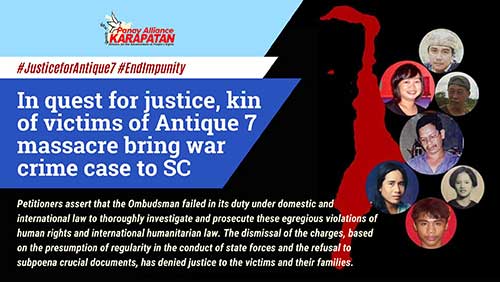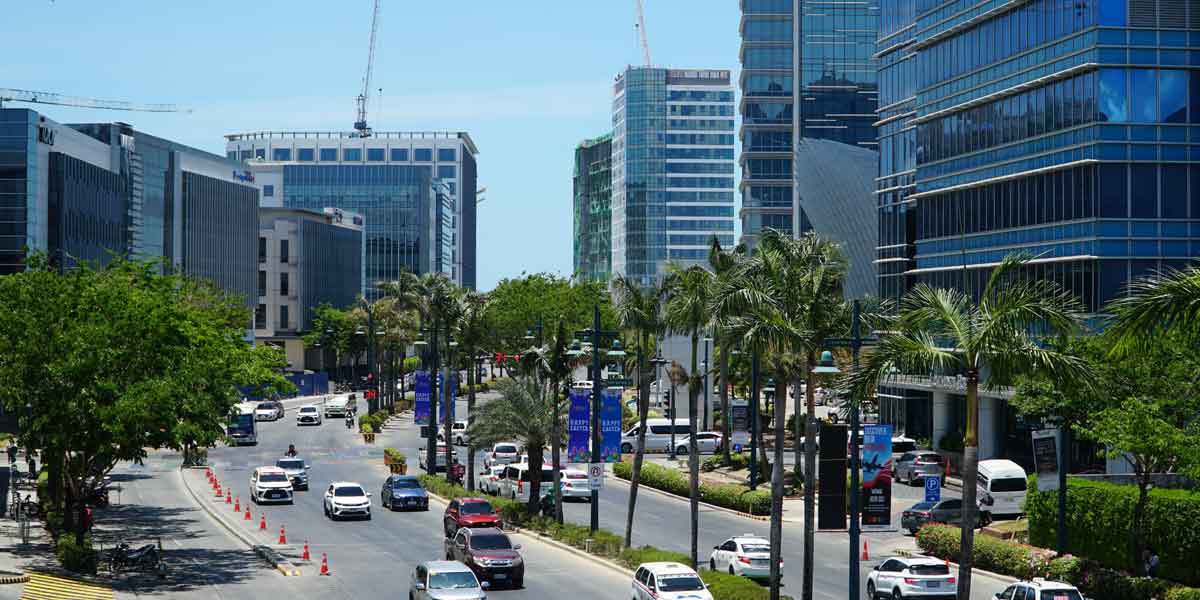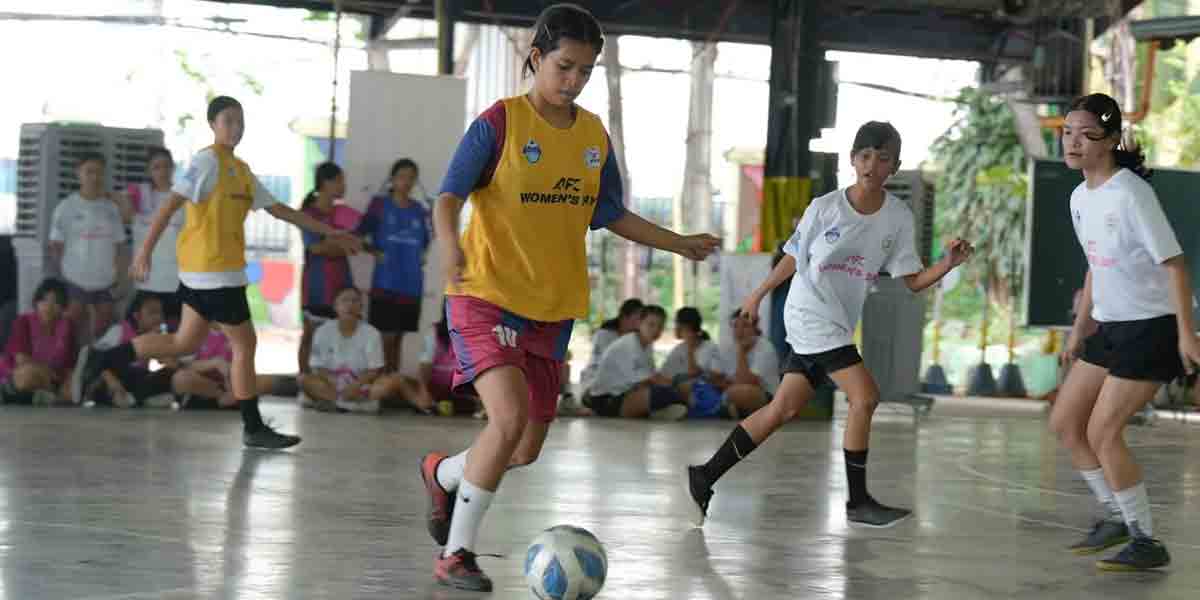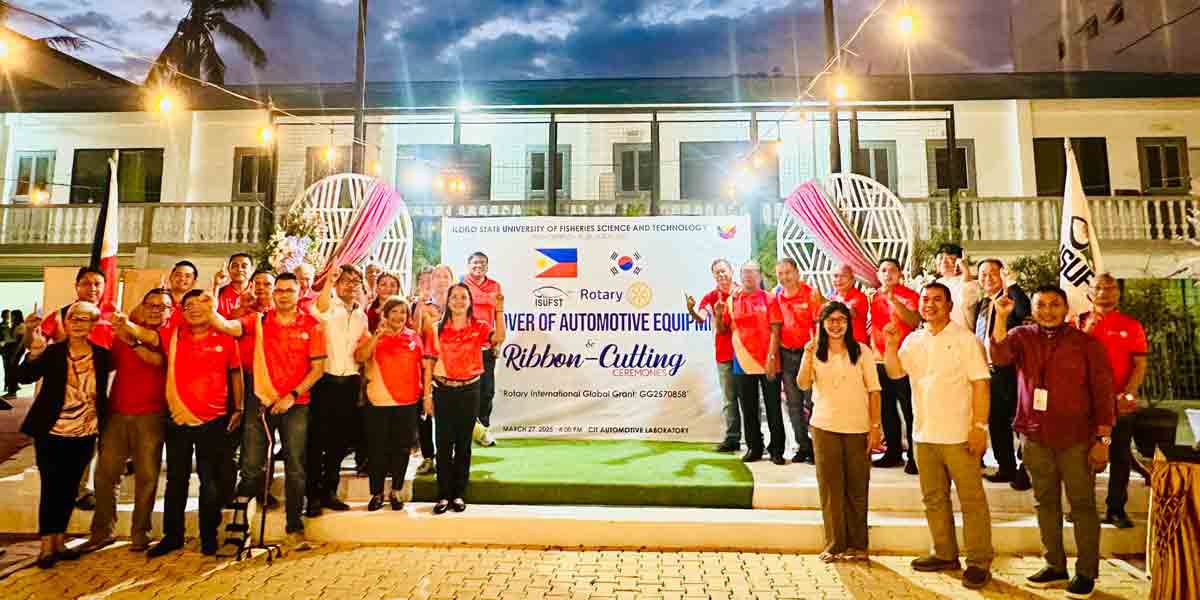
By Juliane Judilla
The families of seven slain National Democratic Front (NDF) staff members have filed a petition before the Supreme Court, challenging the Ombudsman’s dismissal of a war crimes case against Philippine National Police (PNP) and Armed Forces of the Philippines (AFP) officials.
On Aug. 15, 2018, seven NDF members, including Felix Salditos, Peter Mecenas, Jayson Talibo, Liezel Bandiola, Jason Sanchez, Eldie Labinghisa, and Karen Ceralvo—known as the “Antique 7”—were killed during a joint PNP-AFP operation in Antique.
The NDF alleged the victims were unarmed and already in the custody of state forces when they were killed, while the military and police claimed the victims were New People’s Army (NPA) rebels who died in a firefight.
In August 2019, the victims’ families filed a war crimes complaint with the Ombudsman, urging an investigation into the actions of the PNP and AFP officers involved.
However, the Ombudsman dismissed the case, citing the families’ failure to substantiate their claims and invoking the “presumption of regularity” in the operations of police and military forces.
The Commission on Human Rights later conducted autopsies that revealed signs of torture, including blunt force trauma, raising questions about the circumstances of the deaths.
Supreme Court Appeal
Five years after the incident, the families are appealing to the Supreme Court to overturn the Ombudsman’s decision.
The families argue there is sufficient forensic evidence to hold the officers accountable and accuse the government of failing to properly investigate the case in line with domestic and international law.
They also cited the Comprehensive Agreement on Respect for Human Rights and International Humanitarian Law (CARHRIHL), signed by both the government and the NDF in 1998.
CARHRIHL mandates adherence to international humanitarian standards during armed conflicts, prohibiting the targeting of civilians, prisoners of war, and individuals no longer participating in hostilities.
Both international law and Republic Act 9851 define such killings as war crimes.
The families also alleged that the Ombudsman’s refusal to subpoena critical records undermined the investigation and hindered their quest for justice.
Human Rights Advocacy
Human rights group Panay Alliance Karapatan has expressed support for the families’ appeal, calling on the Supreme Court to enforce international humanitarian laws and hold state forces accountable for alleged abuses.
“We call on the Supreme Court to ensure that the Philippine government complies with its legal obligations to strictly apply humanitarian and human rights law during armed conflict and to investigate and punish crimes attributed to state forces,” the group said in a statement.
The group also urged public support for the families’ pursuit of accountability.
“Let the ‘Antique 7 Massacre’ serve as a reminder that the victims’ lives will not be forgotten and that, ultimately, justice must prevail,” they added.






















